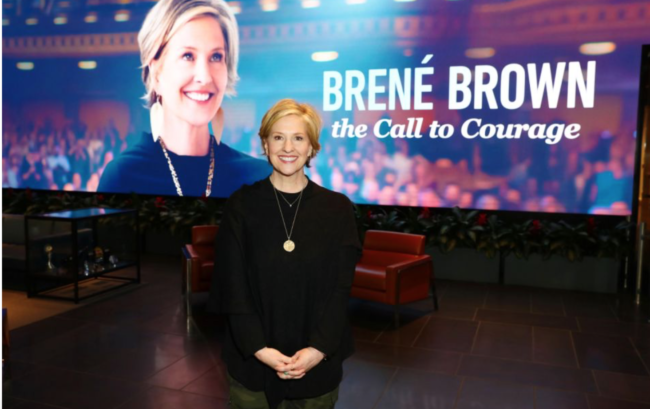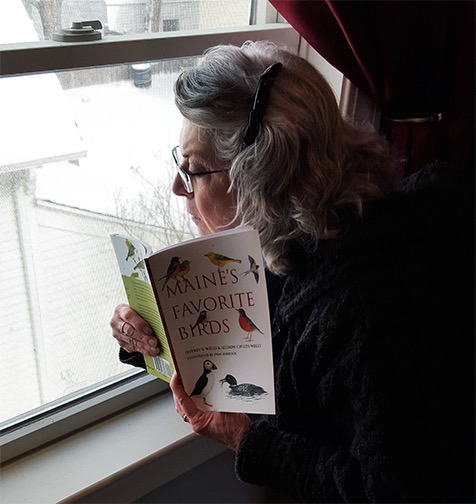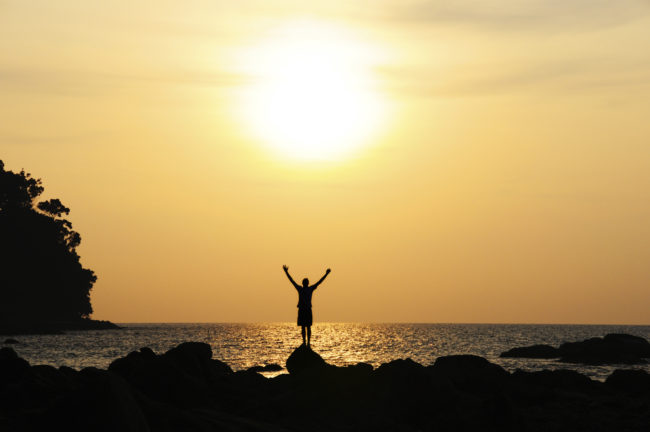The other night I woke up at 3:30 am, my fears in over-drive. I worried that it will be months before I can see family and friends, that I’m massively wasting time every day, and on a lighter note, bemoaned cutting my hibernated hair. As I was tossing and turning I had a small epiphany: I’ve been neglecting my spiritual practices, which are an invaluable resource in addressing fears.
When I faced daylight I realized that my spiritual practices aren’t all they can be. Seeking a little help from my friends, I posted a notice on the WOW Facebook page asking members to share their spiritual practices for coping with COVID.
The majority swore by meditation, practiced daily, if only for a short time. One woman wrote that her daily meditation takes the form of listening to music. This prompted me to recall how Gregorian chants calm me.
Several women read spiritual passages daily. There are multiple spiritual sites one can subscribe to for daily emails. High marks go to Joan Chittister and A Network for Grateful Living. Gratitude is frequently a by-product of these readings.
Many find inspiration listening to the tapes of spiritual leaders, like Alan Watts and Brene Brown. Mary Pipher was cited for offering hope through her book, “Women Rowing North.” Another member wrote that she’s been reading books on the Divine Feminine.
Exercise is considered a spiritual practice because it honors the body. Lots of members do yoga and dance. Many are walking daily as a way to break their isolation and move their bodies. Sometimes I use my daily walks to poke my brain. I begin the walk with a question about writing, family or anything that’s eating away at me. Quite often walking frees up my thinking and helps to clarify my pre-walk quandary.
Members wrote of framing daily practices in a spiritual light. To feel healthier, one woman has been fasting, conceiving of her lesser food intake as a way to feel closer to those who have barely enough food to get by.
Another woman described feeling uplifted by watching the birds in her bird feeder and listening closely for their songs. This made me think of St. Francis of Assisi who had a sacred relationship with animals and especially birds.
Nostalgia often becomes a spiritual practice. One member wrote that while she’s not particularly religious anymore she finds comfort in singing religious songs of her youth, like “God Will Take Care of You” and “Life’s Railway to Heaven.” Cooking family recipes can become a spiritual practice as you honor your mother and grandmother’s cherished dishes.
It’s not enough to have a full spiritual tool box unless we have a framework to hold it, a framework that offers hope while addressing the uncertainty of these times. Arhundati Roy provides a way forward:
Whatever it is, coronavirus has made the mighty kneel and brought the world to a halt like nothing else could. Our minds are still racing back and forth, longing for a return to “normality,” trying to stitch our future to our past and refusing to acknowledge the rupture. But the rupture exists.
And in the midst of this terrible despair, it offers us a chance to rethink the doomsday machine we have built for ourselves. Nothing could be worse than a return to normality. Historically, pandemics have forced humans to break with the past and imagine their world anew. This one is no different. It is a portal, a gateway between one world and the next.
We can choose to walk through it, dragging the carcasses of our prejudice and hatred, our avarice, our data banks and dead ideas, our dead rivers and smoky skies behind us. Or we can walk through lightly, with little luggage, ready to imagine another world. And ready to fight for it.






